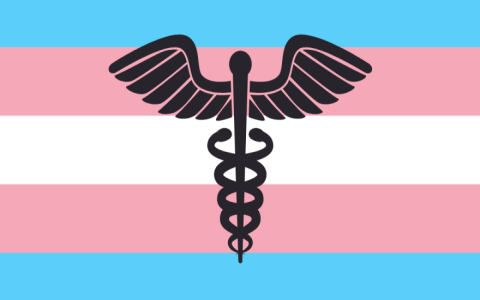Okay, so I gotta tell you about this whole thing with Louisiana’s mental health law, Title 28. It’s been a bit of a journey, let me tell you.
It all started when I was trying to figure out how to help a friend who was going through a rough patch. I knew there had to be some kind of legal framework for mental health care in Louisiana, but honestly, I had no clue where to begin.
So, I dove into the internet, and that’s when I stumbled upon Title 28. At first, it was like trying to read another language. All these legal terms and sections, it was overwhelming, to say the least. But I was determined, so I kept at it. I started by just trying to get a general sense of what the law covered. I found out that it deals with everything from voluntary treatment to emergency certificates and judicial commitments. It’s basically the rule book for how mental health care is handled in the state.
Then, I dug a little deeper into the parts about patient rights. This was important to me because I wanted to make sure my friend’s rights were protected. I learned that individuals have the right to be treated with dignity, to have a treatment plan, and to be involved in decisions about their care. It’s all in there, spelled out in the law. Title 28 also talks about mental health advocates, these are attorneys that are employed by the state to protect the rights and express the wishes of adults and children, especially when they are receiving treatment.
Trying to make sense of it all
- Read through the different sections of Title 28 multiple times.
- Took notes and highlighted the parts that seemed most relevant.
- Looked up definitions of legal terms I didn’t understand. I found out some parts of the law were repealed in 2017 and 2022, so things were a bit jumbled up.
- Talked to a few people who had some experience with the mental health system in Louisiana, but I think the law is a bit complicated for most.
It was a lot of work, I won’t lie. There were times when I felt like I was in way over my head. But I kept reminding myself why I was doing this. I wanted to be able to support my friend in the best way possible, and that meant understanding the law. This law is current as of this year, 2024, but it is always good to check for updates.
In the end, I managed to piece it all together. It wasn’t easy, but I finally got a handle on the basics of Title 28. I’m no legal expert, but at least now I feel like I have a better understanding of how the mental health system works in Louisiana and what rights individuals have. And most importantly, I feel better equipped to help my friend navigate this whole process. And there is a chapter on the books called “BEHAVIORAL HEALTH LAW”, that is pretty much the bulk of it.
This whole experience has taught me that the law can be pretty intimidating, but it’s also super important. Especially when it comes to something as crucial as mental health care. It’s worth taking the time to learn about your rights and the laws that protect you, even if it feels like a daunting task. I also learned that there is a developmental disability law in place, called “Earlysteps”, but that is a whole other topic.















